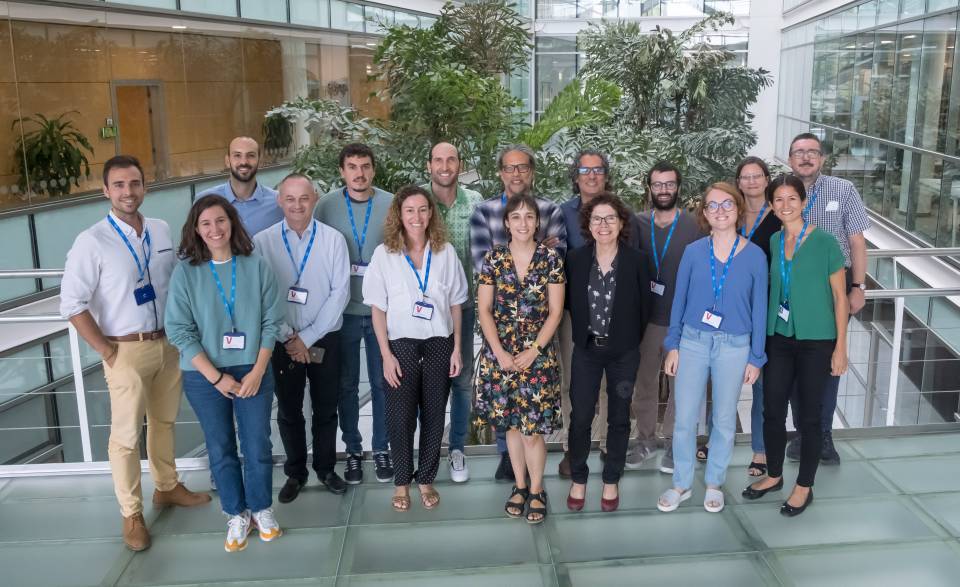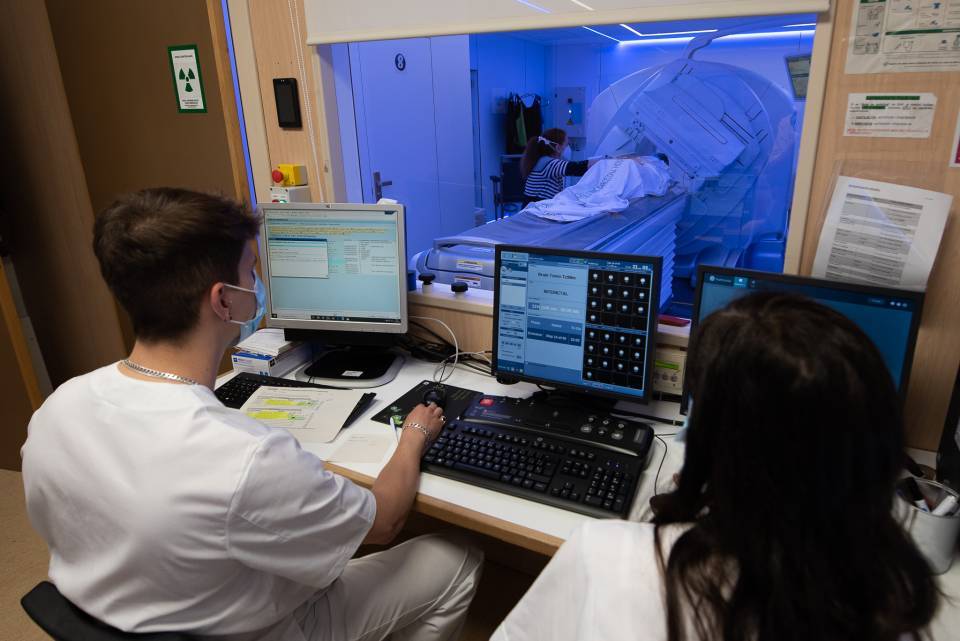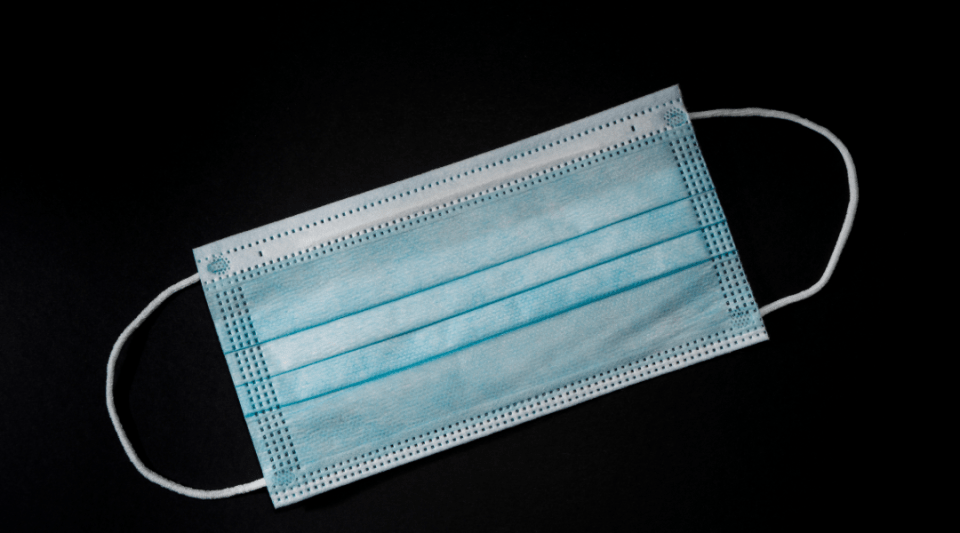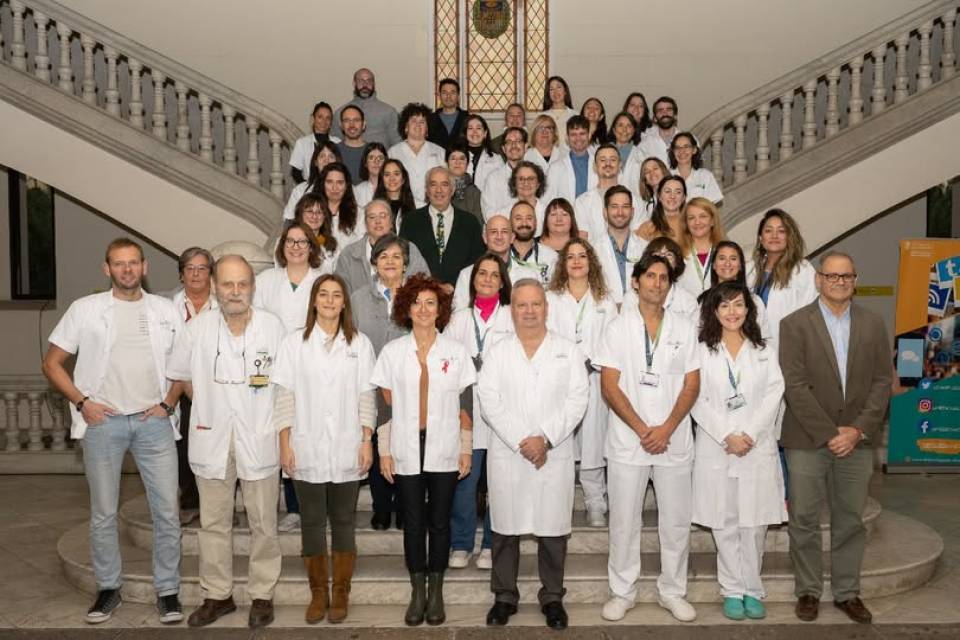"The project aims to generate a collaborative tool for the detection and classification of colorectal polyps from histological preparations. The volume of biopsies from colon cancer screening programs has increased in recent years and has become a healthcare challenge. "The development of this technology will enable assisted diagnosis by anatomic pathology professionals to increase diagnostic accuracy," explains Dr. Aurea Mira, director of the Center for Biomedical Diagnostics.
"Polyps are precursors of cancer, although neoplastic transformation can take years. For this reason, population screening that allows early diagnosis of these lesions is fundamental" points out Dr. Miriam Cuatrecasas, head of digestive pathology. According to Dr. Antoni Martinez "the main negative consequence of this colorectal cancer screening is the increase in the burden of care, both colonoscopies and colorectal biopsies. At the Hospital Clínic de Barcelona, the latter have meant an increase of approximately 6,700 biopsies per year. This further aggravates the worldwide pathologist shortage situation."
"Recent studies show that the creation of diagnostic algorithms using deep learning and neural networks solve this problem and are changing the way pathologists work, who have traveled from digital to computational pathology in a very short time" points out Alvaro Ortín founder and CEO of Enzyme. "The new tool will allow combining the interpretation of the anatomic pathology professional and the diagnostic support through algorithms, which will reduce the response time and improve the concordance and accuracy of diagnoses, with subsequent involvement in the treatment and prognosis of the patient" according to Dr. Adela Saco and Dr. Leonardo Rodríguez, responsible for the Digital Pathology Platform at Hospital Clínic.




